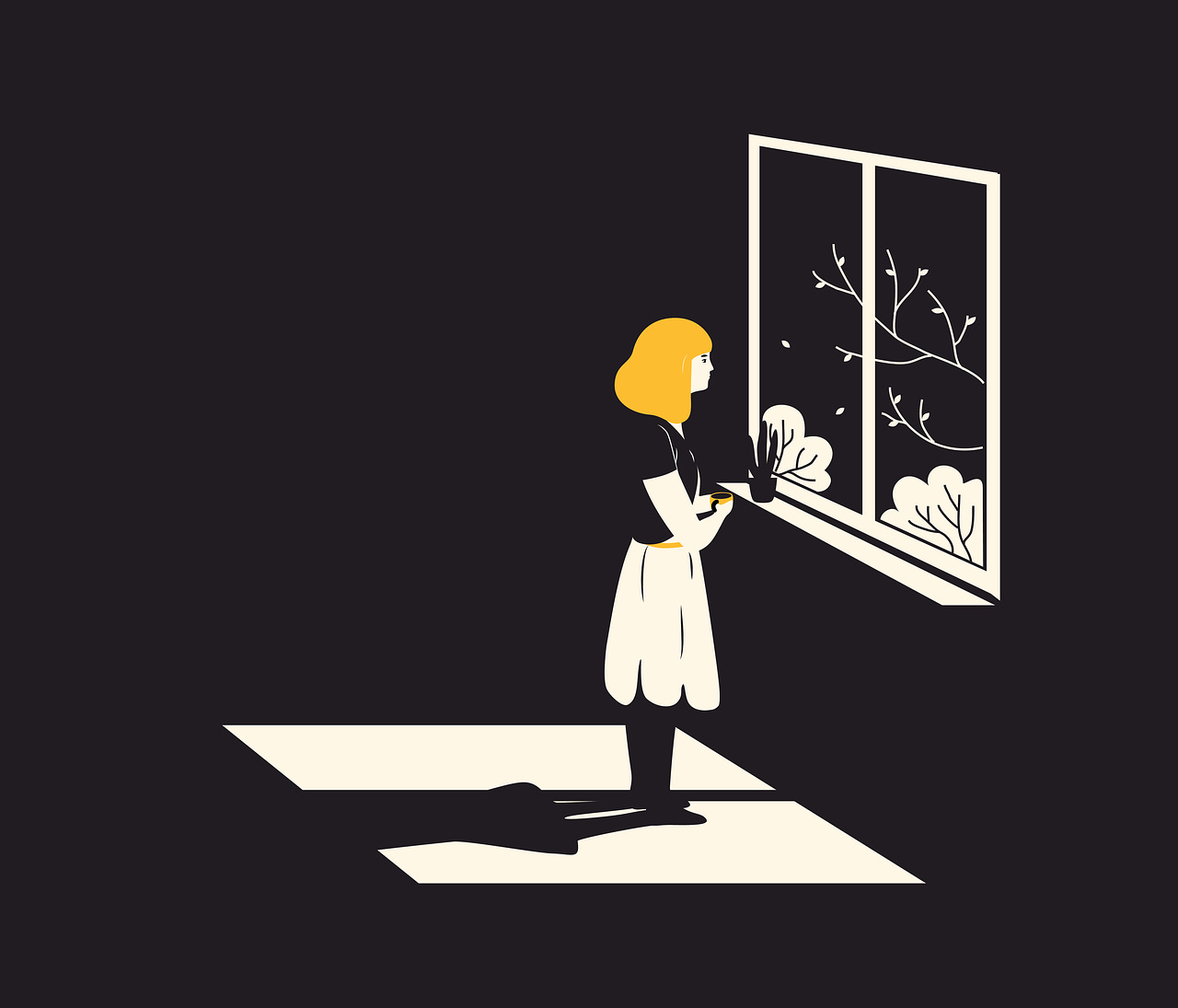Depression; A silent companion
How the leading cause of disability worldwide is affected by the society
It must have been many years ago, when I visited a hospital in the city where I live, for routine tests. While I was waiting patiently for my turn, I noticed her.
She was around 25 years old, unkempt, with tangled hair and torn shoes. Her skin was dirty, she was sweaty, and she was yelling at her father. She seemed angry, but also sad. Very tired.
At some point, just before the doctors called me in for my examination, I noticed that this girl was very thin. She definitely needed help. I gave her all my positive energy, and then went back into the room.
I haven't seen her since.
According to recent statistics, depression is the leading cause of disability worldwide and the leading cause of people missing work. And while for doctors and psychologists it is one of the most manageable and "easy" disorders to treat, it is also a good reason for hospitalization in advanced cases.
"Depression can become a silent companion," I like to explain to my friends when they ask me about it as a psychologist. And that's because it accompanies you wherever you go, whatever you do, whoevever you are. It doesn't discriminate.
It would make sense to analyze its symptoms, but believe me, I think it is more important to cultivate a wave of empathy and acceptance towards people who suffer from depression, rather than simply reading a dry list of symptoms. In other words, to fight the stigma.
In the society we live in, most people would describe this woman as "crazy," "dirty," or "dangerous." But I would say that she was, and is, and will always be a person who needs help. But be careful, not because she has depression, but because she is a human being and has rights. Rights to health, adequate care, and medical coverage.
And since we're talking about medicine, do you know how many people either don't start treatment at all or stop it because of the stigma? Okay, I'll agree that sometimes doctors may prescribe some extra drugs and the system may be a little corrupt, but that's no reason not to take your medication.
Many people are fully functional after medication treatment. But also after psychotherapy. Therapeutic schools such as cognitive-behavioral therapy and systemic therapy have proven to be very helpful and useful in treating depression.
But don't think that even psychotherapy is free of stigma and taboos, especially in smaller societies. People are afraid to express themselves, to speak up and say what they want, simply because not everyone accepts mental health.
Depression. A silent, ever-present companion that, if not dealt with properly means, can hurt you. A companion so powerful and toxic that, if you don't pay attention and seek help, it can be fatal.
Whatever happened to that girl, I hope she is well now. However, allow me to conclude by saying that this was not the only incident I have witnessed. Frightened, tormented, lonely people in squares and remote places, homeless and neglected, seek our help.
But society "throws" them into the trash bin. Because they do not produce work. Even if they are workers of light...
Perhaps, in the end, the silent companion is not just depression, but stigma. And perhaps, in the end, it is not the dirty skin or the sweaty shirt of that girl who smells of decay, but the exclusion of society...


